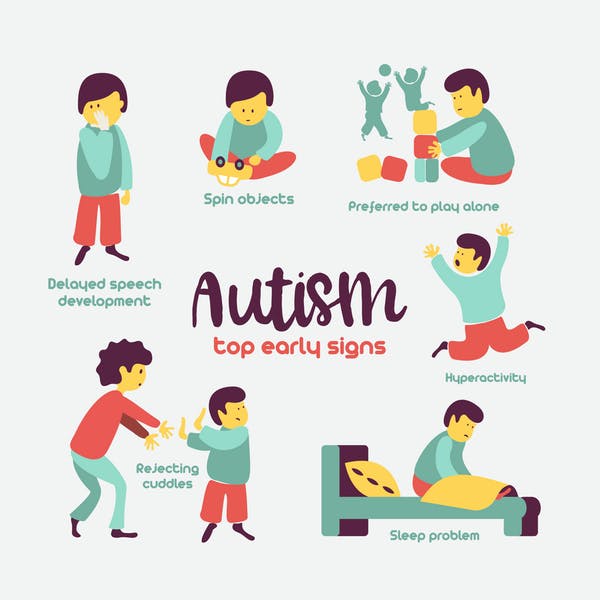Social behavior doesn’t come instinctively to kids with autism spectrum disorders and other special needs that involve a social cognitive deficit. They often misread cues and have difficulty in social situations.
Parents can find social skills support from a variety of sources, but it can be difficult. “Sadly, it’s like finding a needle in a haystack,” says Theda Ellis, executive director of Autism Delaware.
A good way to start is to ask other parents whose children have similar special needs if they have found social skills support, suggests Mo Reilly, a board member at ASCEND, the Asperger & Autism Alliance for Greater Philadelphia.
Who Provides Support?
Sources for social skills assistance include:
- Schools. Some public schools offer social skills education. Reilly recommends asking your local district. “Sometimes they don’t tell you. You have to ask,” she advises.
- Therapists. Speech pathologists are often leaders in teaching social skills, says Ellis. Occupational therapists and psychologists may also be helpful.
- Events. Support organizations often offer casual opportunities for kids and parents to get together to improve socialization skills.
- Classes. Some organizations and private providers offer social skills classes. Look for a class with other children who are at similar levels of social development as your child, suggests Michael Fogel, president of the Child and Family Art Therapy Center in Ardmore, PA. “Kids get to know the mechanics of the everyday things that we don’t stop to think about,” he says.
Parents’ Role
“Parents have to become part of the treatment plan,” says Fogel. Reilly suggests these actions for parents with kids in a social skills class.
- Evaluate the class.
- Find someone who knows your child to give input.
- Monitor your child’s progress to make sure the class is working.
- At home, apply lessons learned.
Stay With It
Jen Nardo of Hockessin, DE, whose 13-year-old son has an autism spectrum disorder, advises parents working on their child’s social skills to “keep trying. That’s the bottom line.”
Michele Tyler, a board member of Parents of Autistic Children Together (PACT) in Mt. Laurel, NJ echoes this. “Try not to get discouraged, even if your child is not acting how you think he should.” Kids need repetition and positive reinforcement, she says, so keep exposing them to social skills until they get it down.
Once you find a class or activity that works, “you’re not going to believe what they learn,” says Lily, a Haverford, PA mom whose two children attended Child and Family Art Therapy Center classes.
Suzanne Koup-Larsen is a contributing writer to MetroKids.






